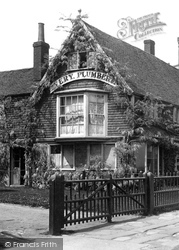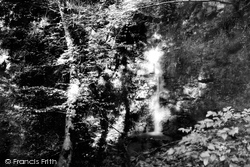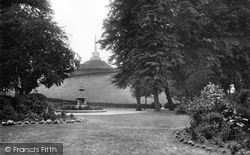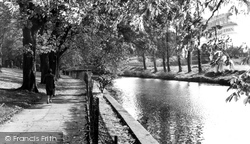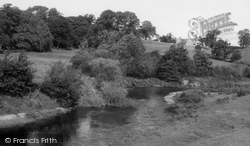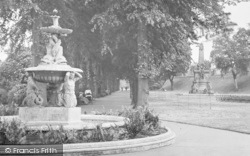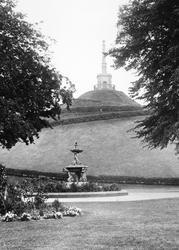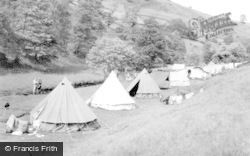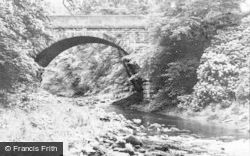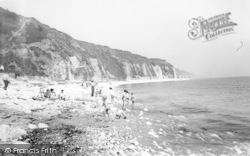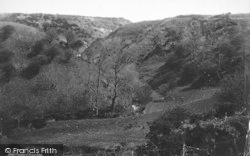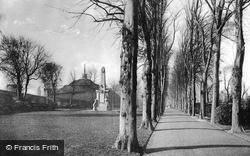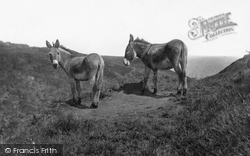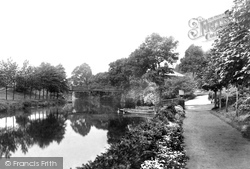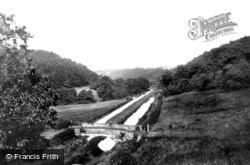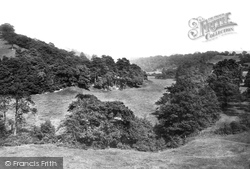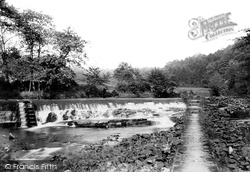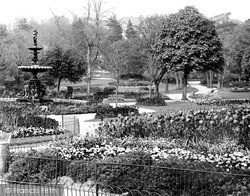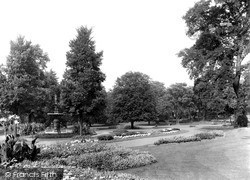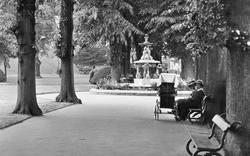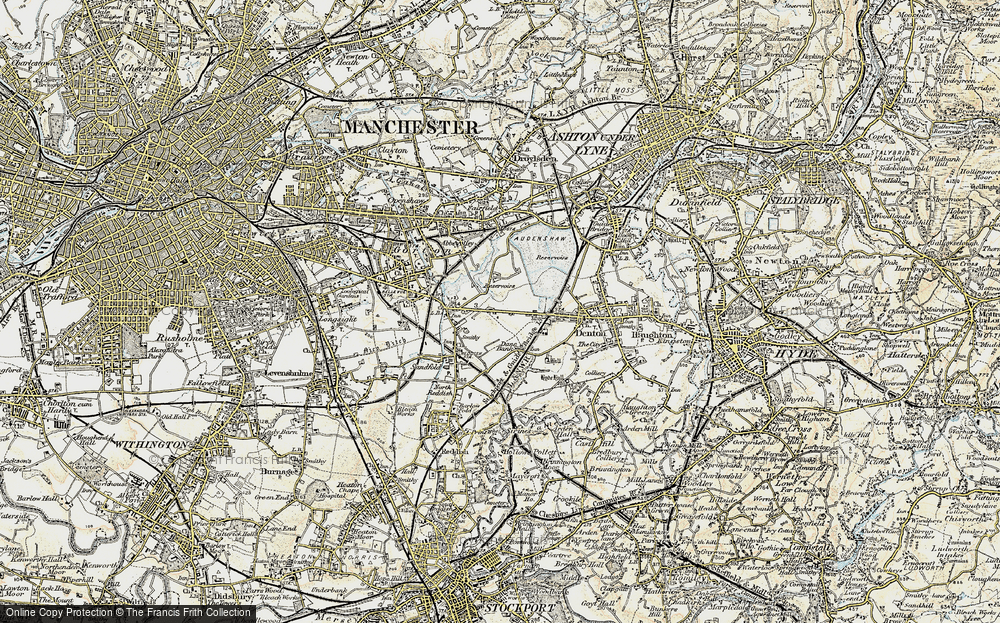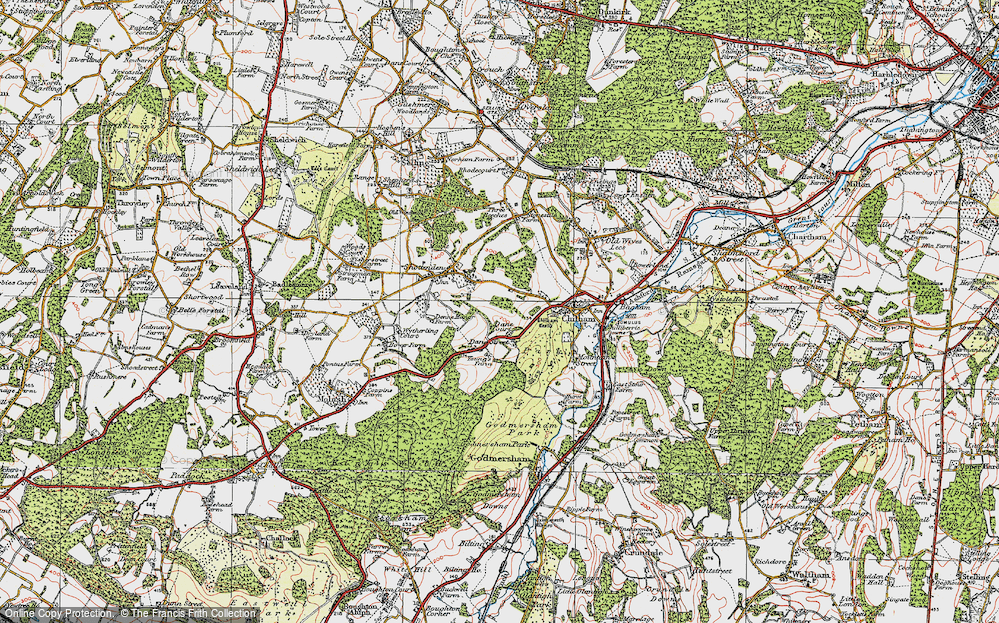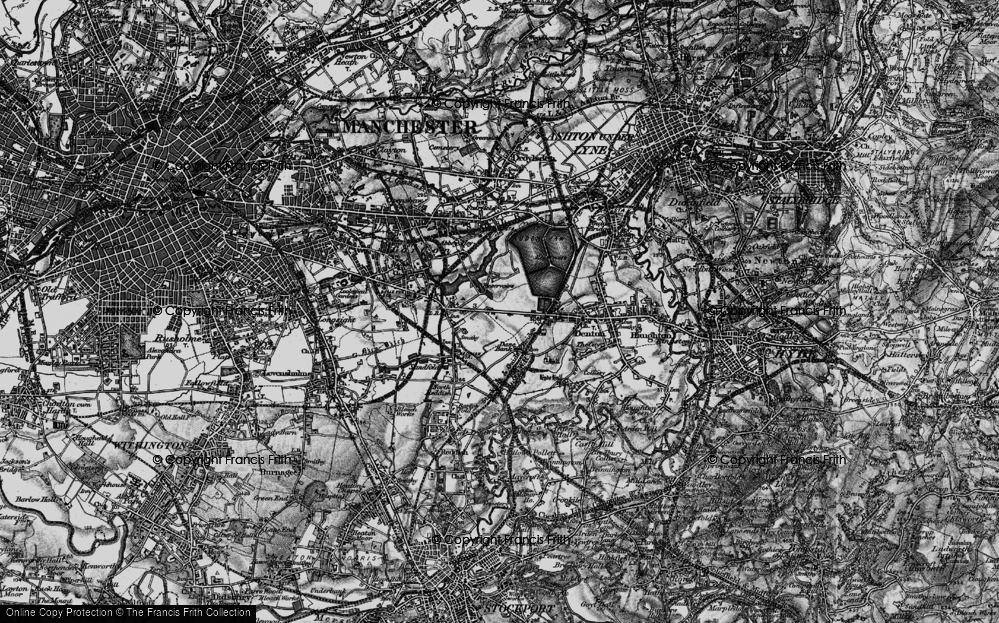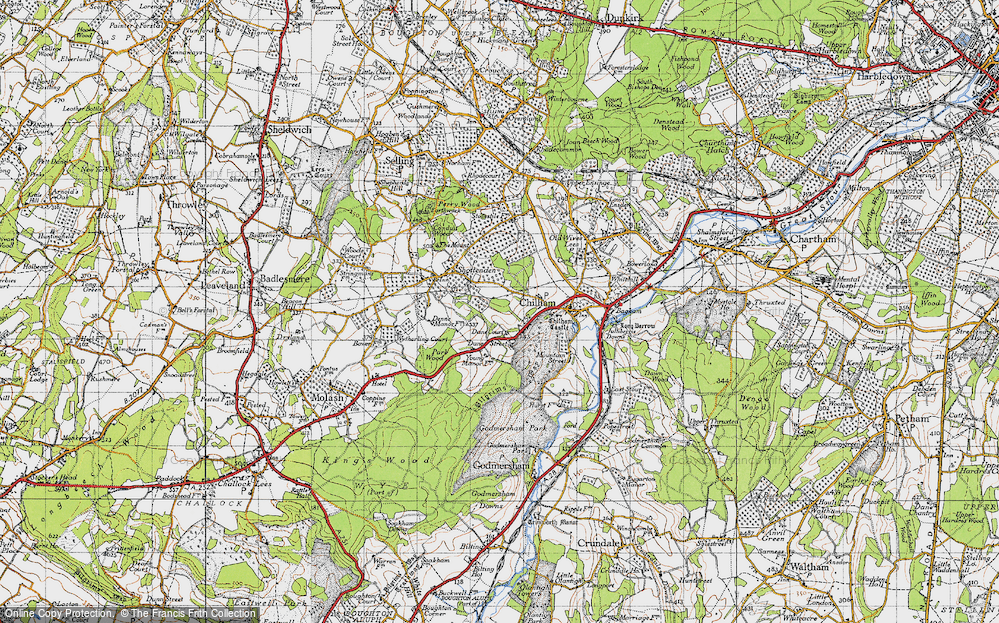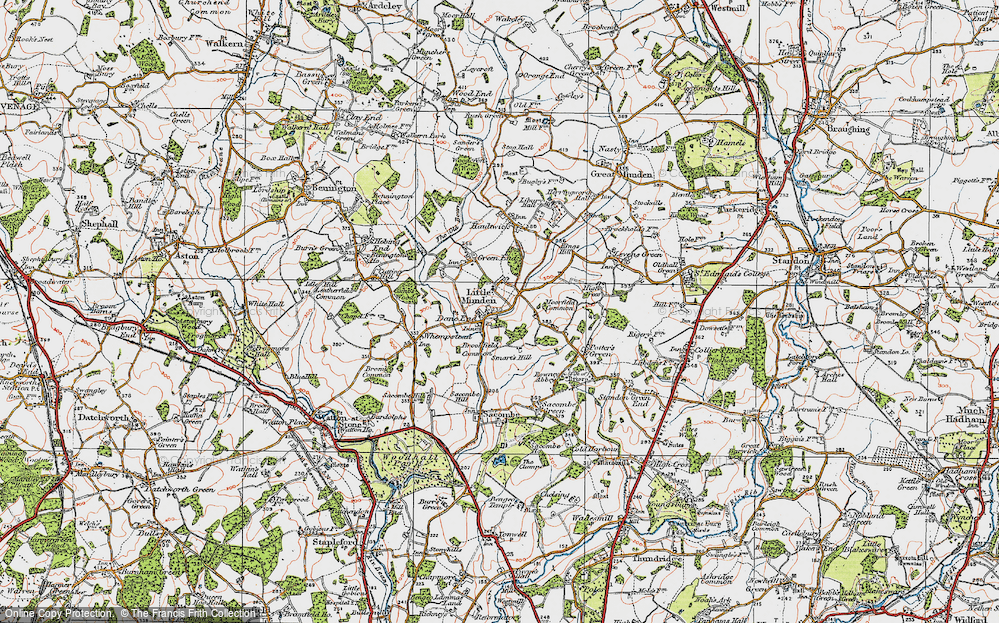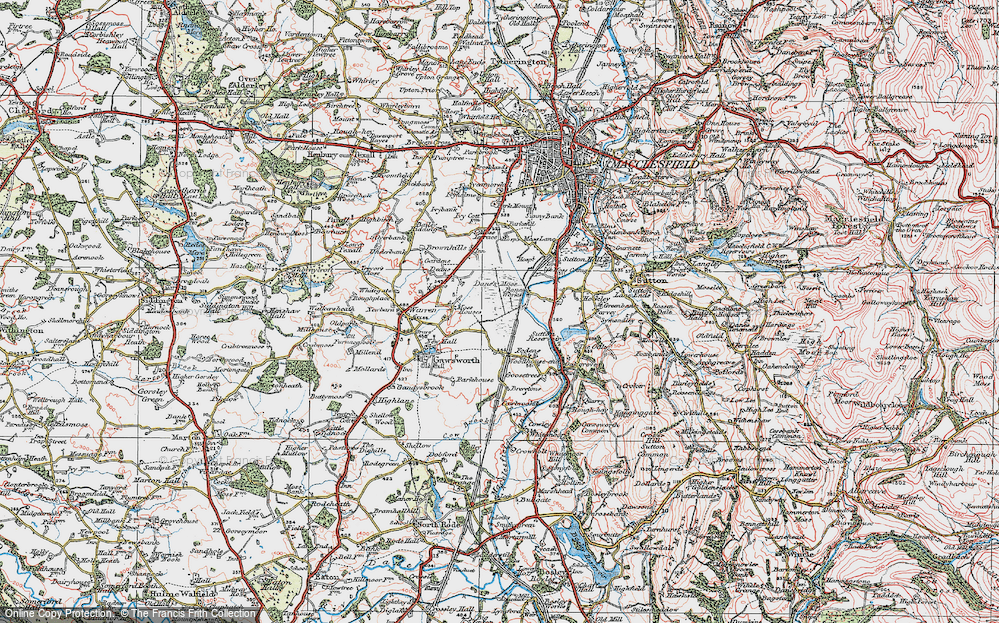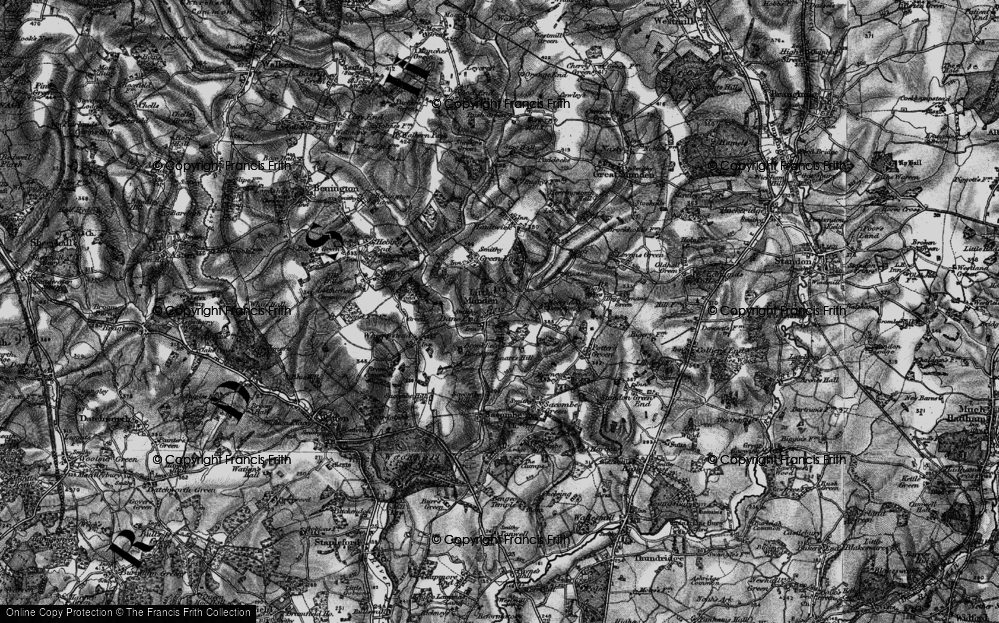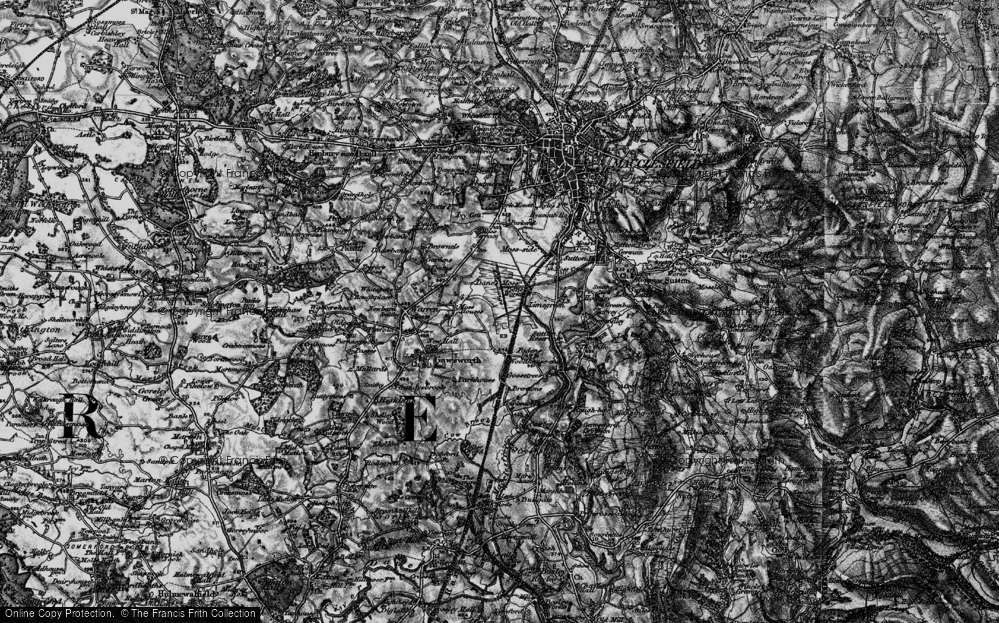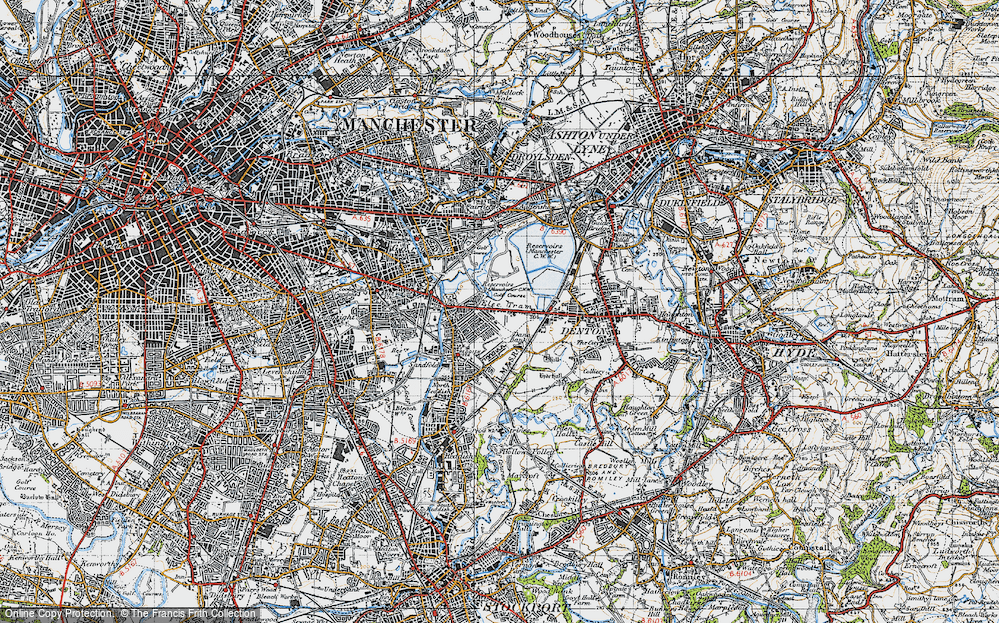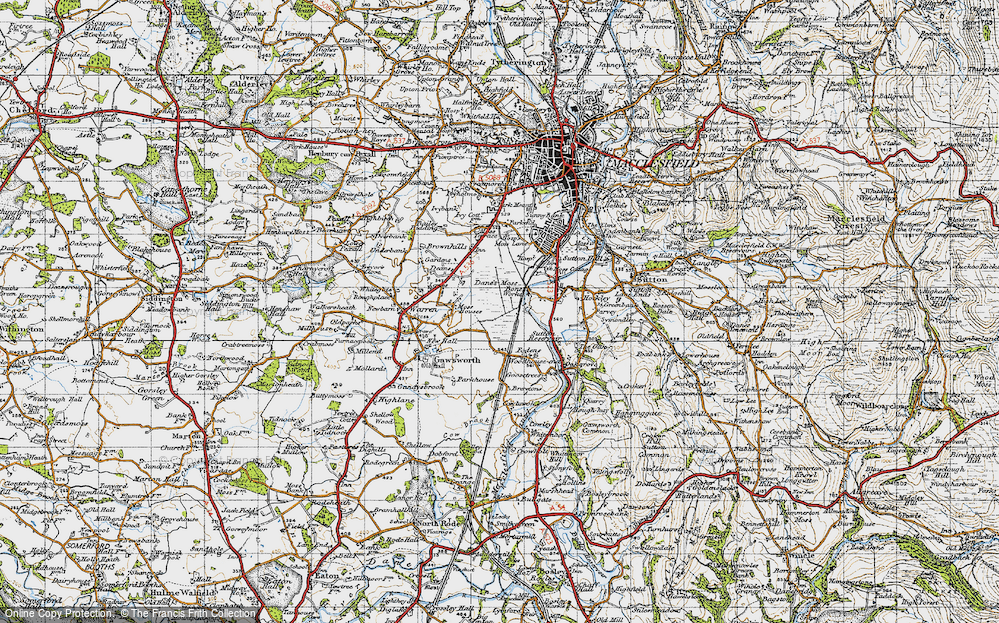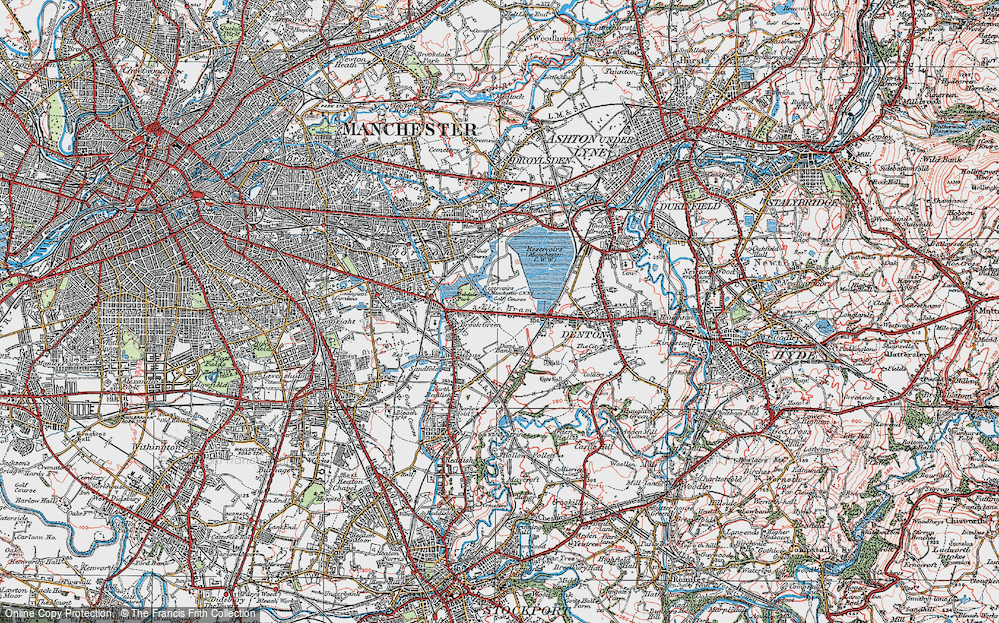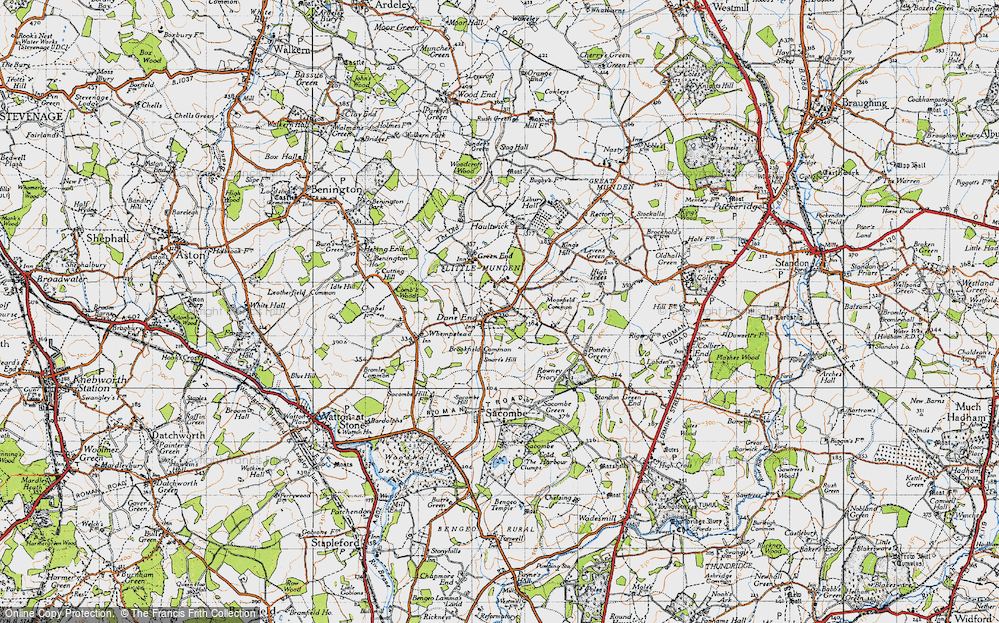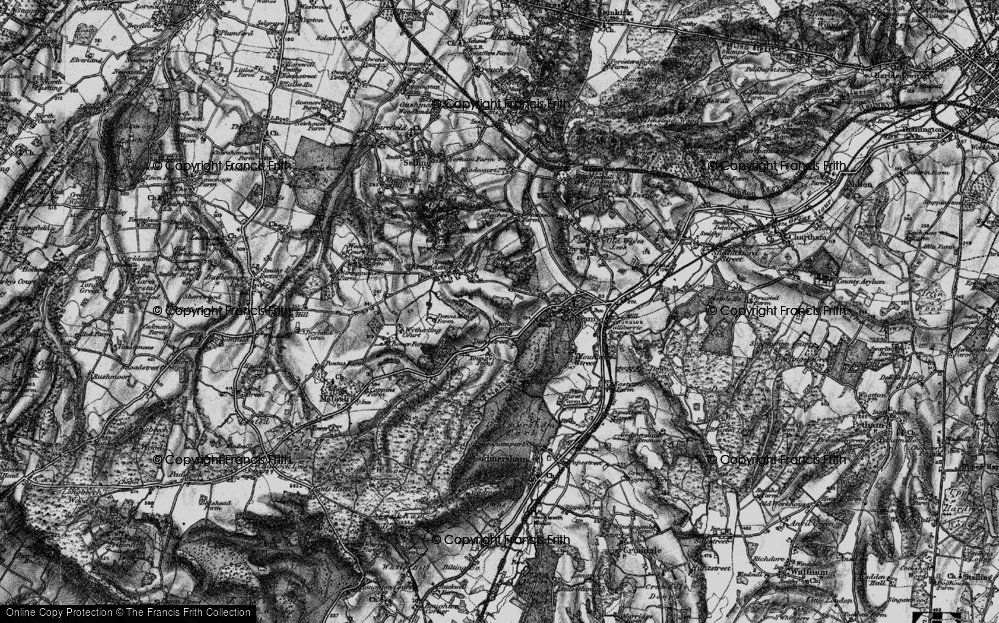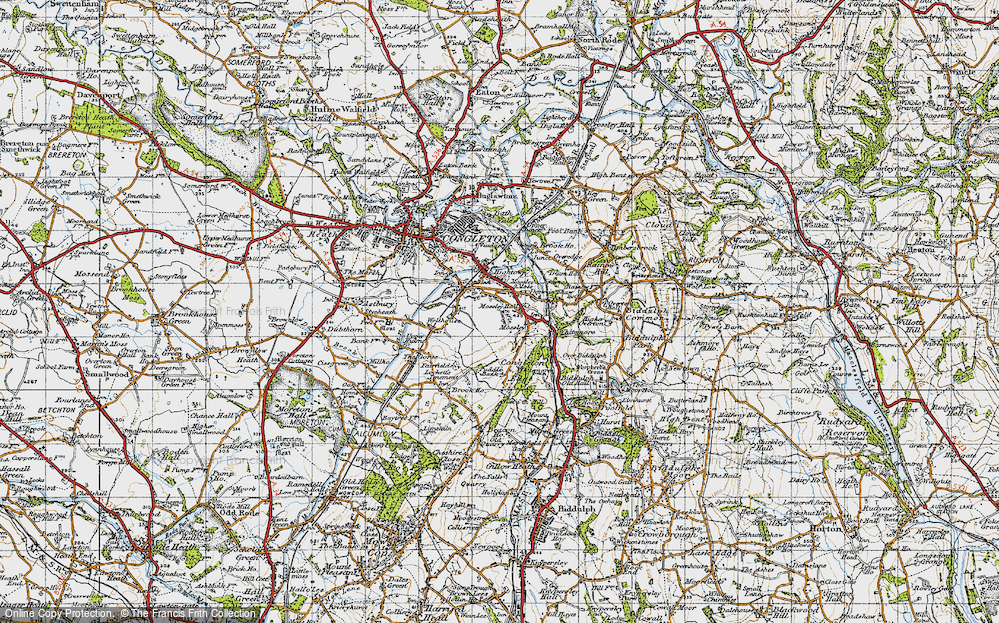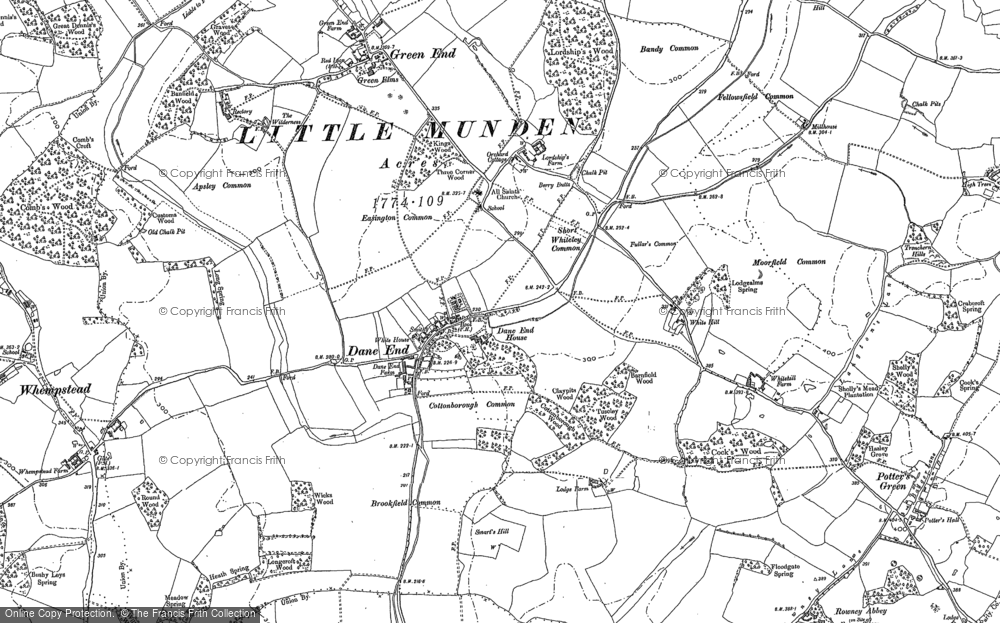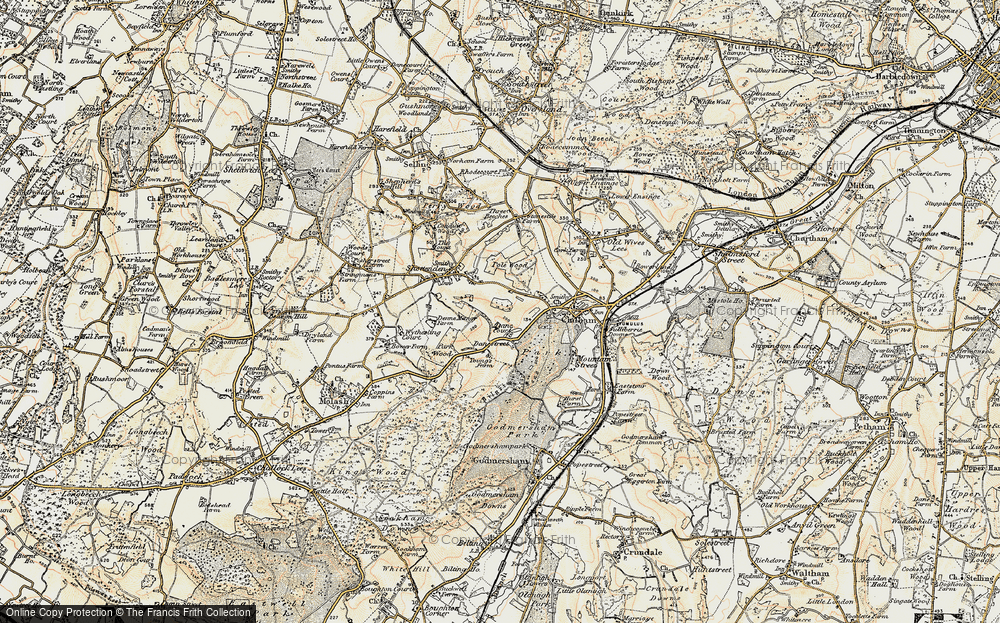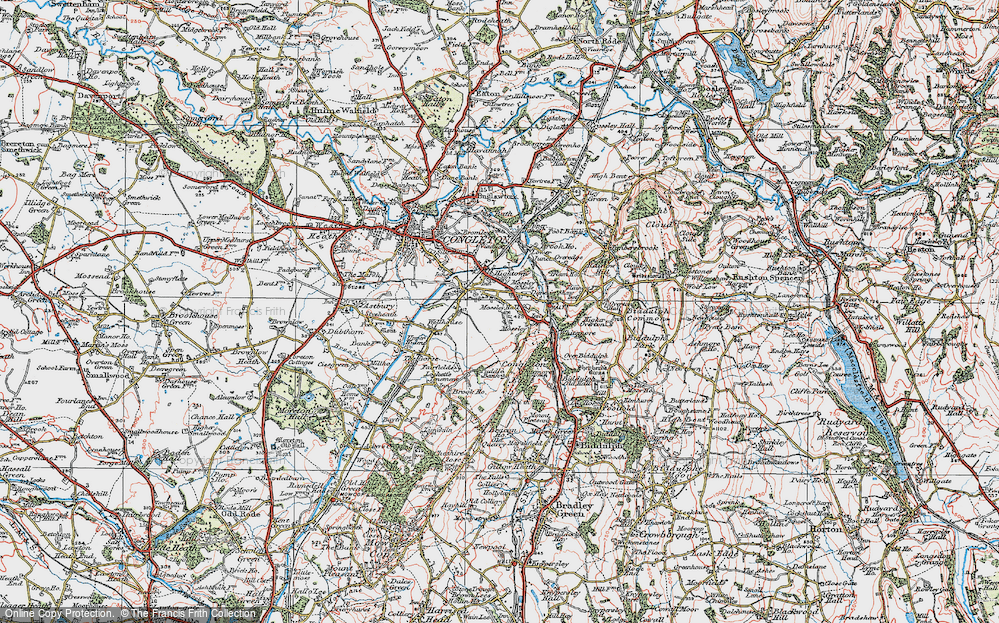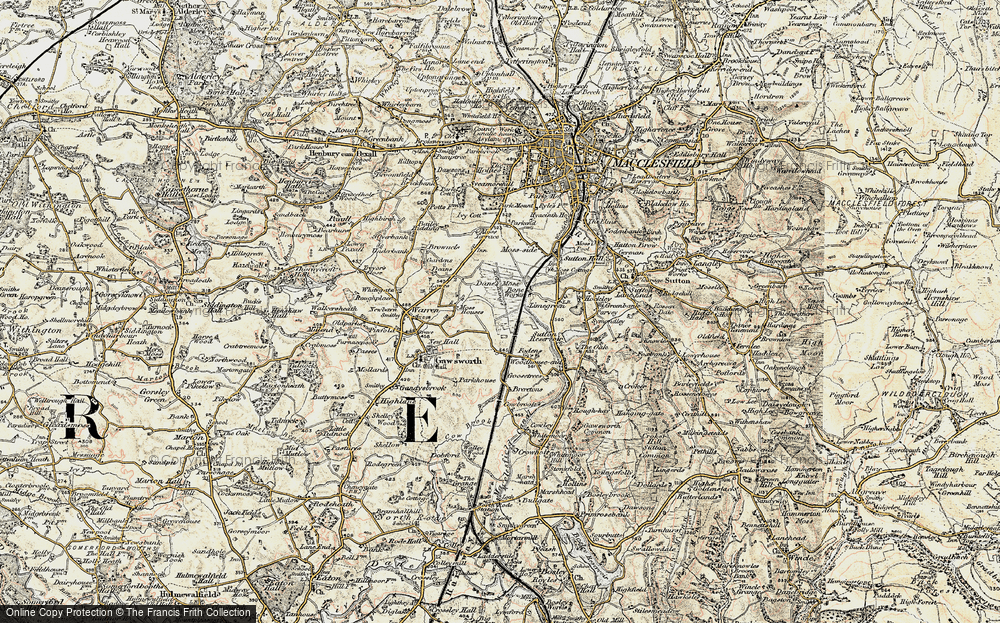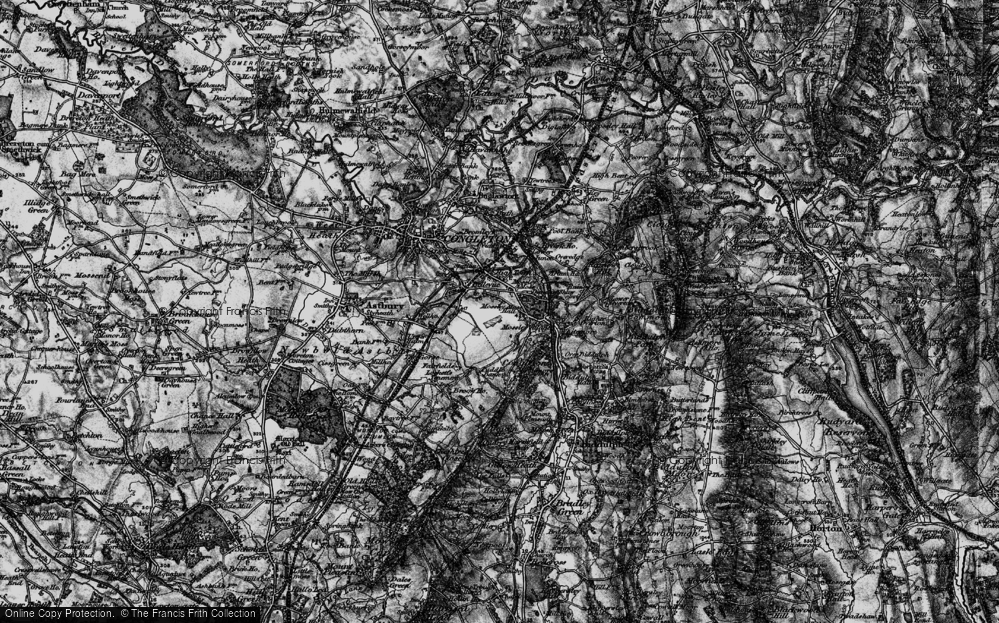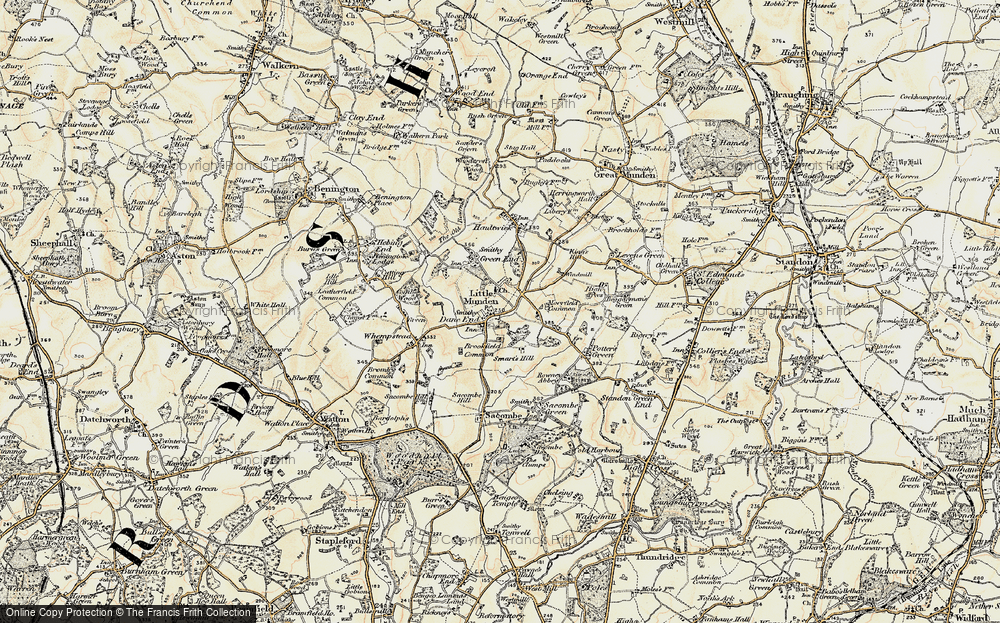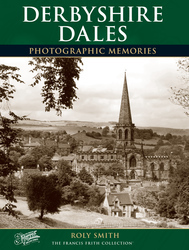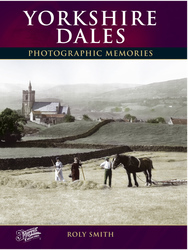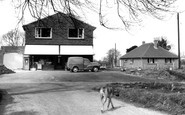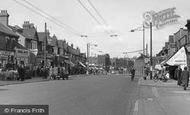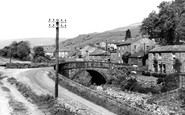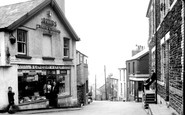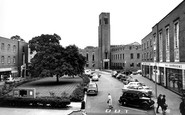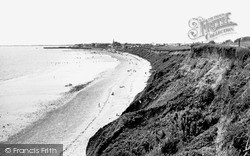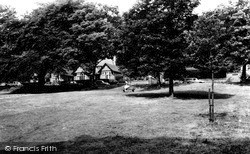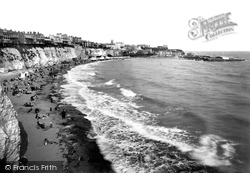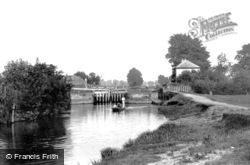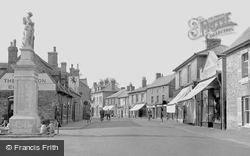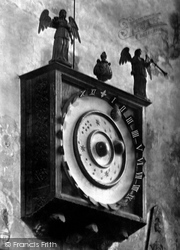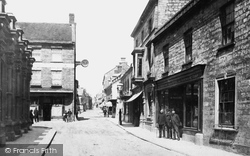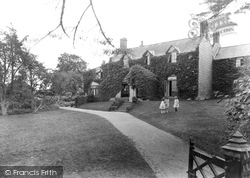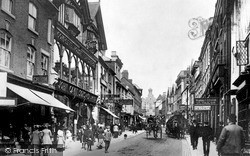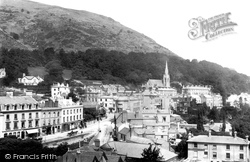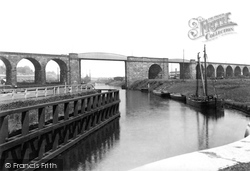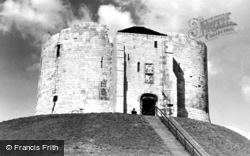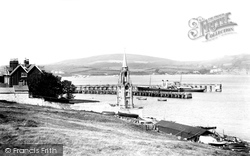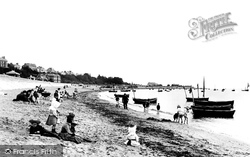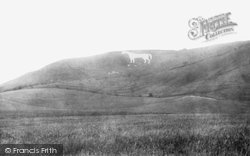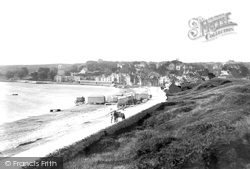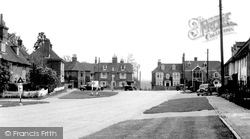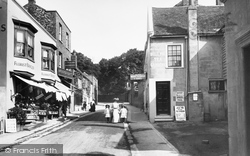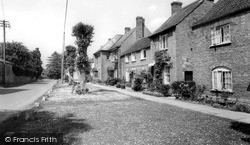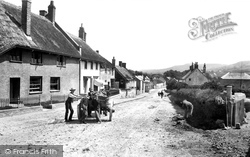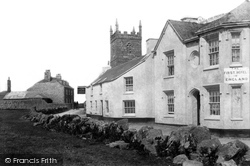Places
5 places found.
Those places high-lighted have photos. All locations may have maps, books and memories.
Photos
55 photos found. Showing results 1 to 20.
Maps
259 maps found.
Memories
302 memories found. Showing results 1 to 10.
Homes Boy
I entered White's Children's Home and Mission (known as CH&M) in June of 1945 having come from Surbiton, Surrey. I was 9 years old. The home was situated in Church Rd opposite "The Pond", it is now a CO-OP supermarket. There was a ...Read more
A memory of Tiptree in 1945 by
A Very New Broadway
In 1962 my parents and I (12 years old) moved from Bristol to open Victoria Wine (later to become the Wine Market before reverting back to Victoria Wine). There were still several empty units awaiting occupation. I can recall ...Read more
A memory of Plymstock in 1962 by
The Second World War
There was an air raid shelter under the green opposite the Three Jolly Wheelers pub. It comprised a number of concrete passageways. My mother my sister and I would use it on occasions when there was a particularly bad ...Read more
A memory of Woodford Bridge in 1945 by
Great Dane
I remember the Great Dane in the picture. My Grandma had a Yorkshire/Manchester Terrier cross, and the two animals looked so incongruous when they met. My aunt Doris Greenslade lived in a tiny cottage owned by Walter Little Senior situated 100 yards to the left of the post office in the picture.
A memory of Medstead by
My Mum Nbsp Annie Spreadbury
My mum was born in Wintney Hartney near Binsted and went to school here. These are her memories. The school was staffed by nuns (maybe two). She remembers that one of them was very handy with the cane on knuckles! But ...Read more
A memory of Isington in 1930 by
Buses
We moved to Leonard Road Chingford in 1951. I particularly remember the trolley buses and how the poles on the top used to come off and the conductor would get a long bamboo cane from under the bus to rehook the pole onto the ...Read more
A memory of South Harefield in 1951 by
The Gables In Maldon
Re Bob Warren. I was 11 yrs old in 1964 but was only there for maybe 6 months. Mr Goslin still had two legs then. I never saw him use the cane but I had a bunch of keys hit me round my head from his wife and a member of ...Read more
A memory of Maldon in 1964 by
1 A High Street, Garndiffiath
My name is Robert Gwillim, I lived at 1A High Street with my parents Edward & Betty from when I was born in 1955 until April 1962. My sister, Carol, was born in December 1961. My parents had lived at 1A High ...Read more
A memory of Garndiffaith in 1960 by
Crouch End Senior School Park Road N8
I was at Crouch End Senior School and remember getting the cane from Mr Chapman for talking in the corridor. Teachers wee Mr Tricker who played for Arsenal in his younger days, also Mr Marks and Salter.
A memory of Hornsey by
Captions
59 captions found. Showing results 1 to 24.
Named by the Danes, Sewerby has had different spellings, including Sewarby and Suerby. Many Roman artifacts have been found in the area.
In 910 Tettenhall was the scene of a great battle in which the Saxons under Edward the Elder and Ethelflaed (the son and daughter of Alfred the Great) decisively defeated the Danes.
This ship was built to celebrate the 1500th anniversary of the landing of Hengist and Horsa and the incursions into Britain of the Anglo- Saxons and Danes.
The bushes to the left hide the site of the old abbey at Abingdon, founded in 676 and again in 955 after the original had been destroyed by marauding Danes. It was the mainstay of this area.
The monastery founded here in the 7th century by St Felix rivalled Ely until its destruction by the Danes in 870. Even so, it retained its importance, standing on one of the two causeways to Ely.
The Minster Crypt 1886 There are many fine tombs within the Minster, including that of Saint Ethelred, a brother of Alfred, who was killed by the Danes in 873.
No less than three bishops died fighting the Danes.
The Saxons and the Danes fought two battles near to Charmouth, though the village's history recalls a later defeat, for Charles II passed this way as a fugitive after the Battle of Worcester.
It was here that Edward the Elder of Wessex defeated the Danes. The battle marked a turning point.
Great Malvern grew up around a Benedictine Priory said to have been founded by St Wrest, who found sanctuary here from marauding Danes.
Built in the 1860s, the railway viaduct crosses three waterways - the old course of the River Weaver, the Weaver Navigation and the River Dane.
Clifford's Tower was built by Henry III; it occupies the site of William the Conqueror's motte and bailey destroyed by the Danes in 1069.
Swanage may get its name from Swene's Wic, the Bay of Swene, perhaps commemorating the naval battle between Saxons and Danes in 877.
At the beginning of the last millennium, marauding Danes landed on these sandy beaches and put the village of Exmouth to fire and sword.
At the beginning of the last millennium, marauding Danes landed on these sandy Devon beaches and put the village of Exmouth to fire and sword.
In 910 Tettenhall was the scene of a great battle in which the Saxons under Edward the Elder and Ethelflaed (the son and daughter of Alfred the Great) decisively defeated the Danes.
It was cut out of the chalk in 1778, although legend suggests that a shape facing the other way was carved out to commemorate King Alfred's defeat of the Danes in AD 878.
At the beginning of the last millennium, marauding Danes landed on these sandy beaches and put the village of Exmouth to fire and sword.
The town may get its name from Swene's Wic, the Bay of Swene, perhaps commemorating the great naval battle fought nearby between the Saxons and Danes in 877.
On the edge of Romney Marsh, this village, with its broad street, was once a flourishing seaport and shipbuilding centre; it was captured by the Danes with a fleet of 250 ships in the 9th century.
Tradition has it that this was the landing-place of both the Danes and of St Augustine.
Much of the area was under water when King Alfred used the marshlands as a base for guerrilla operations against the Danes.
Charmouth was a notable settlement even in Saxon times when two Saxon kings, Egbert and Ethelwulf, fought the Danes nearby.
King Arthur is said to have celebrated a victory over the Danes by feasting at a rock nearby called the Table Mên.
Places (5)
Photos (55)
Memories (302)
Books (2)
Maps (259)


